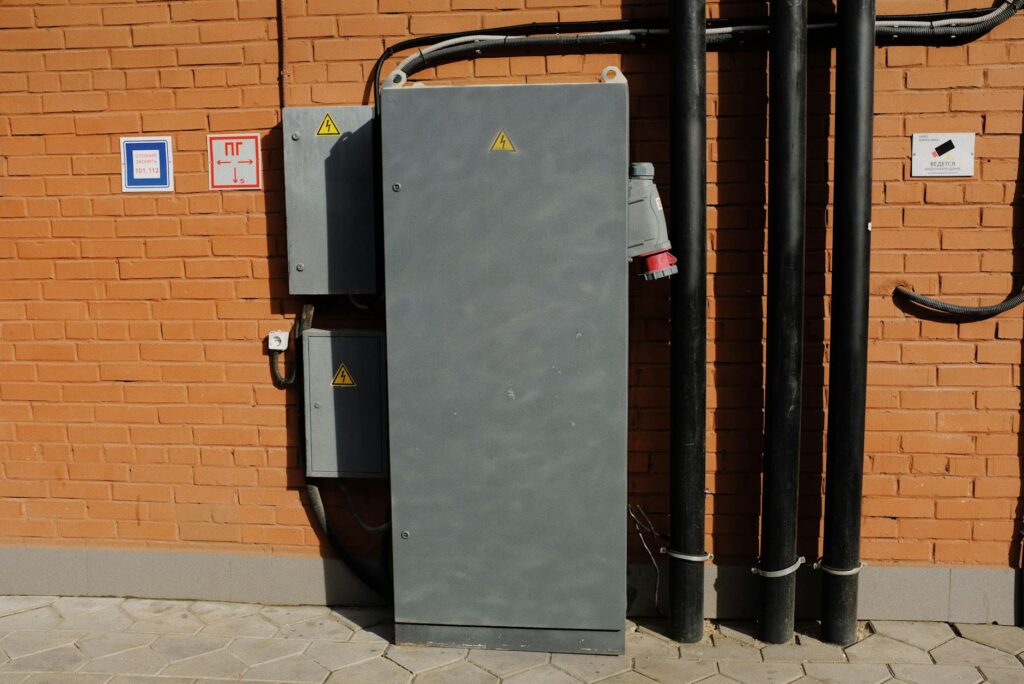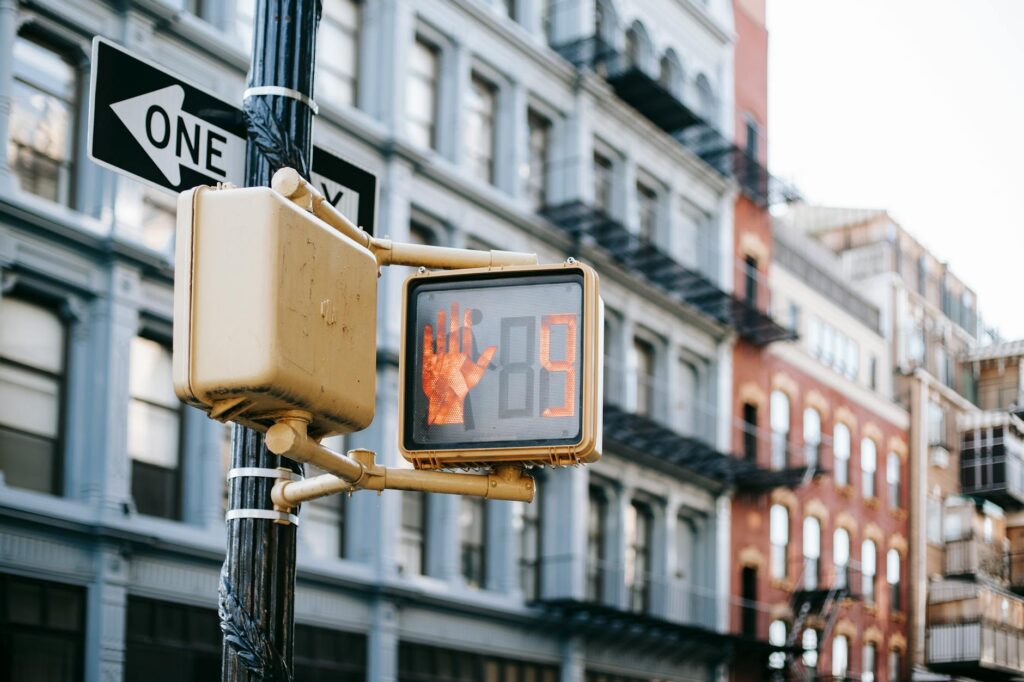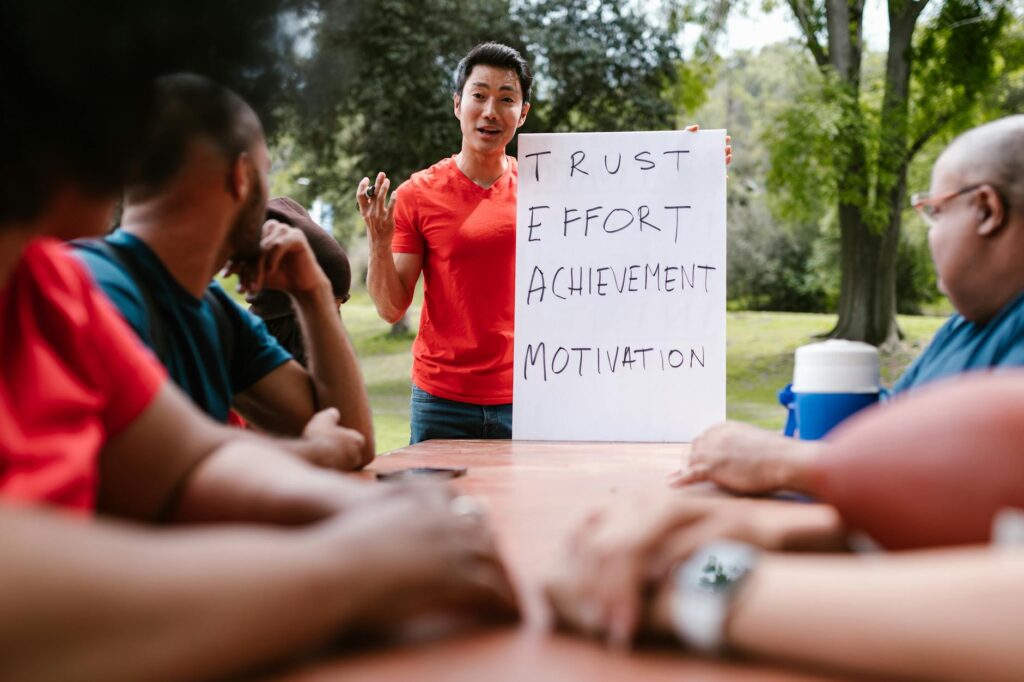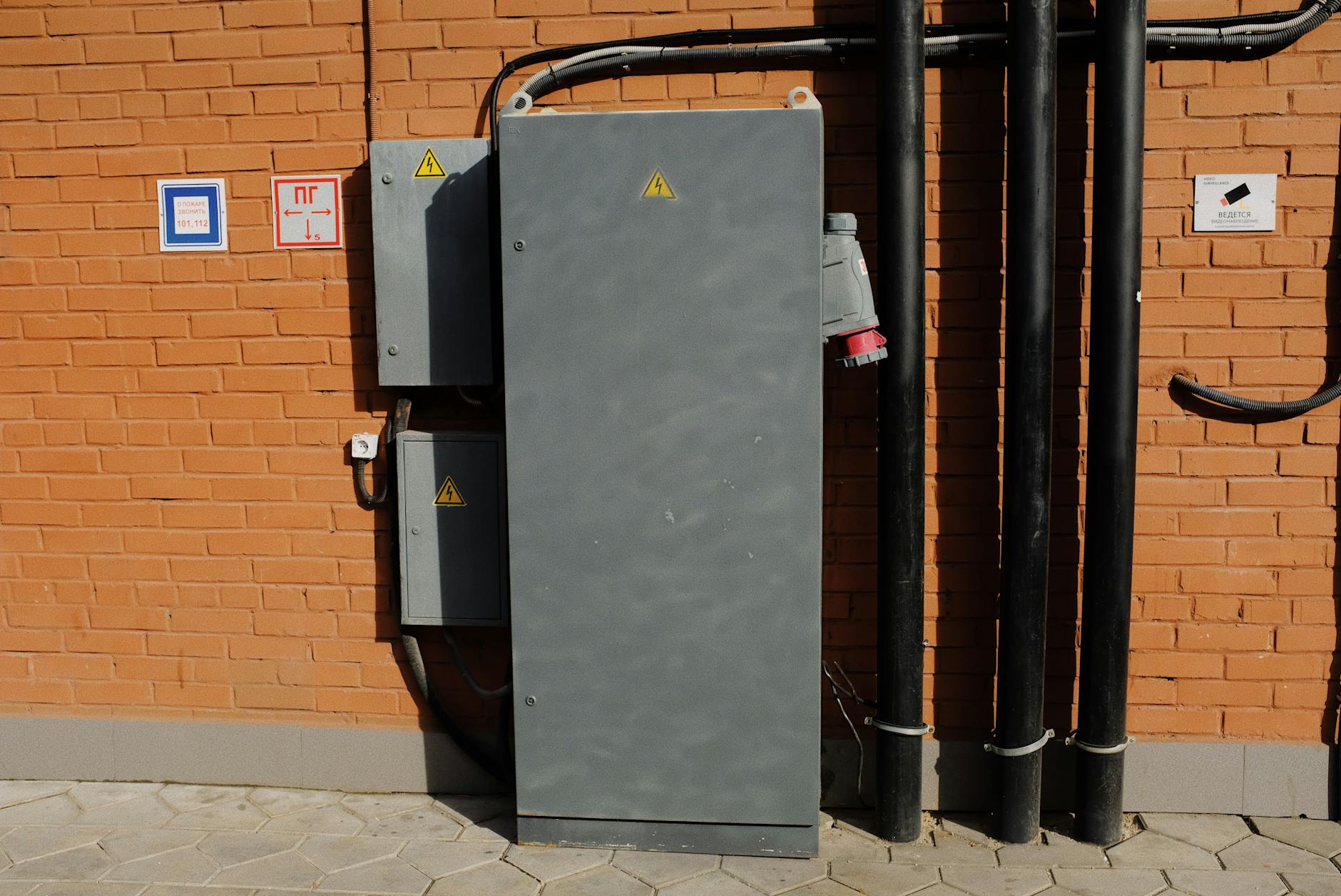Air conditioners are lifesavers during hot summer months, but when your outdoor unit malfunctions, it can quickly turn into a major inconvenience. Electrical issues are a common culprit behind AC unit failures. This guide will walk you through some of the most frequent electrical problems you might encounter with your outdoor AC unit and offer some troubleshooting tips.
Identifying Electrical Issues
Before diving into specific problems, it’s crucial to recognize the signs of electrical trouble. These can include a complete lack of power, unusual sounds (like buzzing or humming), flickering lights in your home, or a tripped circuit breaker.  If you notice any of these, it’s best to turn off the power to the unit immediately to prevent further damage.
If you notice any of these, it’s best to turn off the power to the unit immediately to prevent further damage.
Tripped Breakers and GFCIs
A tripped circuit breaker or GFCI (Ground Fault Circuit Interrupter) is often the simplest issue to resolve. Check your breaker box for a tripped breaker – it will usually be in the ‘off’ position. Carefully reset it. If it trips immediately again, you may have a more serious problem and should call a qualified HVAC technician. Understanding your home’s electrical system can go a long way towards preventing future issues. You can learn more about electrical safety for your AC unit.
Wiring Problems
Loose or damaged wiring is another common cause of AC unit electrical problems. This can result in poor or no power reaching the unit. Inspect the wiring connecting your unit to the power source. Look for any frayed wires, loose connections, or signs of overheating.  Never attempt to repair wiring yourself unless you are a qualified electrician. Improper wiring can be very dangerous.
Never attempt to repair wiring yourself unless you are a qualified electrician. Improper wiring can be very dangerous.
Capacitor Issues
The capacitor is a vital component in your outdoor AC unit. It helps to start and run the compressor motor. A failing capacitor can cause the unit to fail to start or run intermittently. If you suspect a capacitor problem, it’s best to consult a professional. Attempting to replace it yourself without the proper knowledge and equipment can lead to electrical shock or further damage.
Compressor Issues
The compressor is the heart of your AC system, and electrical problems can directly impact its function. A faulty compressor may draw excessive current, leading to tripped breakers or even a burnt-out motor. This often requires professional repair or replacement, as compressor issues are usually not a simple DIY fix. 
Contactor Problems
The contactor is an electrically operated switch that controls the flow of power to the compressor. A malfunctioning contactor can prevent the compressor from starting, even if the other components are working properly. Diagnosing contactor problems can be complex, and professional help is usually recommended. For more information about AC unit maintenance, check out this helpful resource.
Frozen Evaporator Coil
While not strictly an electrical problem, a frozen evaporator coil can indirectly cause electrical issues. The increased load on the compressor due to ice buildup can lead to tripped breakers or even damage to the compressor motor. This often points to other problems within your system, like insufficient refrigerant or airflow issues. Regular maintenance, including cleaning the unit and inspecting the coils, can help prevent freezing. Regular maintenance is always a good idea.
Outdoor Unit Power Supply
Ensure that the power supply to your outdoor unit is sufficient and stable. Low voltage can cause problems and reduce the efficiency of your AC unit. Inspect the power cord for any damage and ensure that it’s correctly plugged into a dedicated outlet. Consider a surge protector to safeguard your unit from power surges.
Regular maintenance and timely repairs can greatly extend the life of your outdoor AC unit. Addressing electrical issues promptly helps to prevent more serious and costly damage down the line. Always prioritize safety and seek professional assistance when dealing with electrical components. Don’t hesitate to consult with a qualified HVAC technician for any concerns.
Frequently Asked Questions
What should I do if my AC unit isn’t turning on? First, check the power supply and circuit breakers. If the problem persists, it might indicate a more significant electrical fault requiring professional attention.
Can I fix electrical problems in my AC unit myself? Unless you are a qualified electrician, it’s strongly recommended that you don’t attempt to repair electrical components yourself. Improper repairs can cause further damage or pose a safety risk.
How often should I have my AC unit serviced? Ideally, you should schedule professional maintenance at least once a year, preferably before the start of the cooling season. Regular servicing helps prevent many problems, including electrical faults.
What are the signs of a failing capacitor? Signs of a failing capacitor include your AC unit refusing to start or running intermittently. You might also hear unusual noises from the unit.
How can I prevent electrical problems in my outdoor AC unit? Regular maintenance, including checking connections and cleaning the unit, is essential. Protecting it from the elements and ensuring sufficient ventilation can also help prevent problems.





